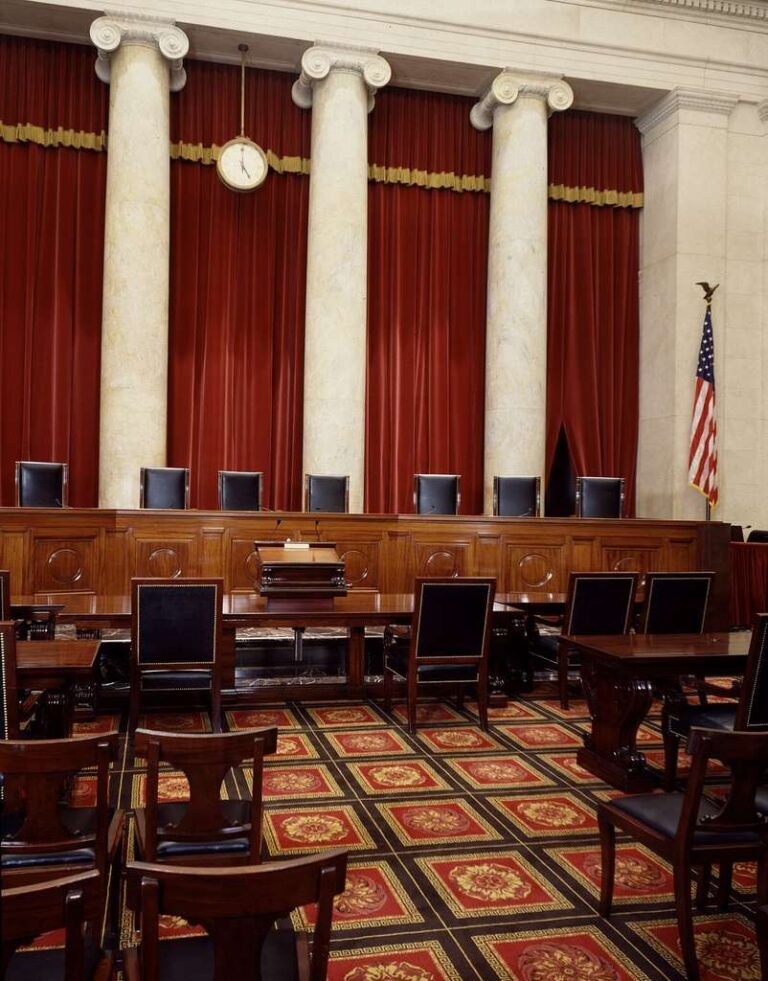Linh is a student at Harvard Law School.
Over 75,000 Kaiser Permanente workers began the largest healthcare strike in U.S. history on Wednesday morning at 6am E.T., starting in Virginia, Maryland, and Washington D.C. Workers in Colorado, California, Oregon, and Washington soon followed. This is the largest U.S. health care strike to date, threatening to interrupt one of the nation’s largest health-care providers and adding to a months-long series of labor disruptions across the national economy. The strike is a culmination of tension between health-care companies and their workers since the start of the COVID-19 pandemic, when––as the Coalition of Kaiser Permanente unions claim––Kaiser created an understaffed, burned-out workforce incapable of looking after patients. Negotiations continue to be under way, but federal law requires that healthcare union members return to the job even if no deal is reached by Oct. 7.
On Wednesday, Trader Joe’s United filed an unfair labor practice charge against Trader Joe’s and its law firm, O’Melveny & Myers LLP, alleging that the company had lodged a “frivolous” trademark lawsuit against the union in July as retaliation for protected activity. In that July lawsuit, Trader Joe’s accused the Union of using the company logo on merchandise in violation of trademark laws. Besides the ULP charge, Trader Joe’s United also sent a letter to an O’Melveny & Myers partner, labeling the copyright suit a “calculated nefarious legal scheme” to “punish essential workers who are exercising their legally-protected right to form a union.”
A U.S. citizen denied a job at Meta Platforms Inc. sued the company for citizenship discrimination, alleging that it favors foreign workers on H1B visas over U.S. citizens. On Wednesday, a Ninth Circuit panel heard arguments in this case, testing the limits of Section 1981 of the 1866 Civil Rights Act. Before getting to the Ninth Circuit, the case was dismissed for lack of standing, as the magistrate judge found that such reverse discrimination claims weren’t covered by the statute.






Daily News & Commentary
Start your day with our roundup of the latest labor developments. See all
October 8
In today’s news and commentary, the Trump administration threatens no back pay for furloughed federal workers; the Second Circuit denies a request from the NFL for an en banc review in the Brian Flores case; and Governor Gavin Newsom signs an agreement to create a pathway for unionization for Uber and Lyft drivers.
October 7
The Supreme Court kicks off its latest term, granting and declining certiorari in several labor-related cases.
October 6
EEOC regains quorum; Second Circuit issues opinion on DEI causing hostile work environment.
October 5
In today’s news and commentary, HELP committee schedules a vote on Trump’s NLRB nominees, the 5th Circuit rejects Amazon’s request for en banc review, and TV production workers win their first union contract. After a nomination hearing on Wednesday, the Health, Education, Labor and Pensions Committee scheduled a committee vote on President Trump’s NLRB nominees […]
October 3
California legislation empowers state labor board; ChatGPT used in hostile workplace case; more lawsuits challenge ICE arrests
October 2
AFGE and AFSCME sue in response to the threat of mass firings; another preliminary injunction preventing Trump from stripping some federal workers of collective bargaining rights; and challenges to state laws banning captive audience meetings.